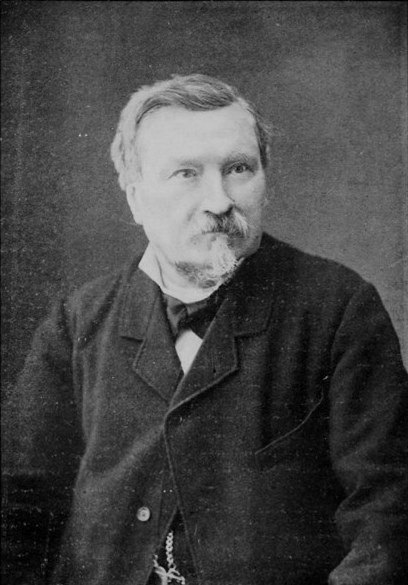Liberty Matters
A Problem for Radicals

Many years ago I gave a talk on Robert Nozick’s Anarchy, State and Utopia with Nozick in the audience. In the conversation that followed, he offered a different, and I think better, argument against anarchy than the one in the book: If market anarchy is a workable and attractive system under modern conditions, one would expect to see examples, and one does not. That is a problem not only for market anarchists but for radicals more generally: If your system works, why do we see no examples of it?
One possible answer is the one that Matt Zwolinski attributes to Molinari and Spencer—that their system would work if only people were better than they are, and will work when they become better. It reminds of an exchange somewhat earlier between Malthus and his critics. He had argued that if, as Godwin and Condorcet had predicted, the standard of living of the mass of the population became much higher than in the past, that would sharply reduce the cost of having children and hence the cost of sex, that humans enjoyed sex and so would have more of it if its cost were much lower, and that the resulting population increase would eventually drive real wages back down. Their response was that although present day humans might greatly value sex, the taste for such base pleasures would decrease with future human progress, eliminating the problem.
Malthus’s response was first to point out that the world had already existed for over five thousand years and no such trend was yet observable, and second to ask what was base about the pleasure of sex, adding that connubial pleasure was inferior to intellectual pleasure only in its duration. I realize it doesn’t have much to do with Molinari, but it’s one of my favorite quotes and I can resist anything but temptation.
There are two other responses to Nozick’s challenge that do not depend on an optimistic view of the moral progress of mankind. One is what modern economists call “path dependency.” There might be multiple stable equilibria possible for human societies. Once stuck in one, getting to another is difficult, but if one somehow got to the alternative set of institutions they also would be stable. There is no obvious mechanism to guarantee that, among the possible equilibria, real societies have to end up in the most attractive.
The other is that how institutions work depends on the surrounding technology, broadly defined. If economies of scale in rights enforcement run up to a firm size representing a large fraction of the market, you end up with a small number of firms and a serious risk that they will decide robbery is more profitable than selling services and combine to recreate government. If everything important happens online and the technology of public key encryption gives the defense in cyberspace an overwhelming advantage over the offense, on the other hand, market anarchy might turn out to be the natural equilibrium without anyone planning it. Other assumptions about other relevant technologies might prevent anarchy, guarantee anarchy, or leave both anarchy and the alternative as viable options.
My response to Nozick and to others who have made the same argument since is to imagine myself back in 1800, with a different radical political system to propose—a mass franchise democracy with equal rights for men and women and a government controlling nearly half of all income. My critics could point out, correctly, that such a society had never existed in the history of the world.
If market anarchy requires some substantial improvement in human morality, we may have a very long wait before we see it. If it depends on changing technology, in a world in which technologies are changing with dizzying speed, we might get it next decade. Or next century. Or never.
Copyright and Fair Use Statement
“Liberty Matters” is the copyright of Liberty Fund, Inc. This material is put on line to further the educational goals of Liberty Fund, Inc. These essays and responses may be quoted and otherwise used under “fair use” provisions for educational and academic purposes. To reprint these essays in course booklets requires the prior permission of Liberty Fund, Inc. Please contact oll@libertyfund.org if you have any questions.